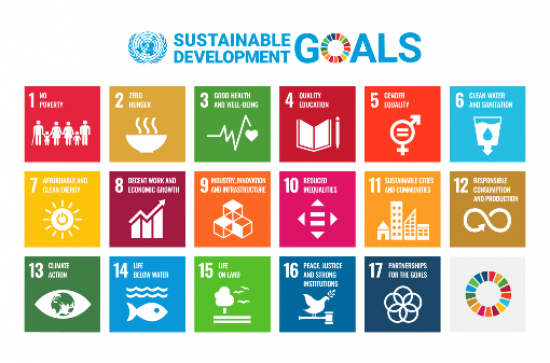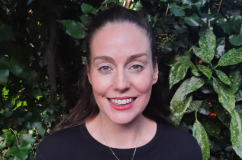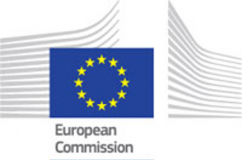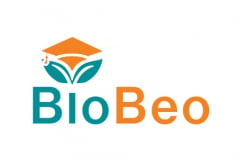
Horizon Europe Bioeconomy project
Thursday, May 26, 2022 - 09:30

The bioeconomy is an important element of Europe’s response to the challenges ahead, incorporating the sustainable production of renewable resources from land, fisheries and aquaculture environments and their conversion into food, feed, fibre bio-based products and bio-energy, as well as the related public goods.
Horizon Europe BioBeo project
As part of this project, Dr Nic an Bhaird of Maynooth University has been awarded a budget of approximately €250,000 and will lead an international team specialising in the development of education programmes to address the interconnections between science and society.
“This is a great opportunity for Froebel at Maynooth University to play a key European leadership role in this rapidly developing area of education.”
“A key focus is on embedding the UN Sustainable Development Goals (SDGs) into primary and secondary education programmes across Europe, leading to enhanced society-wide understanding of a sustainable future for the next generation,” she said.
The multi-partnership project, ‘Horizon Europe BioBeo’ comprises a pan-European consortium of 15 partners from across education, science and technology and the wider society, and is led by UCD.
Other partners include An Taisce, the MU Erasmus partners, Rotterdam University of Applied Sciences (RUAS), and Odisee University of Applied Sciences, Belgium.
Specifically, BioBeo is a 24-month project with the overall aim to develop and deploy an education programme that will enhance understanding and engagement across society regarding ‘circularity’ and the bioeconomy, using five bioeconomy themes - interconnectedness, outdoor learning, forestry, life below water, the food loop.
The ‘circular’ economy requires a systemic and transformative approach to production and consumption that effectively designs out waste and keeps materials and resulting products in use for as long as possible.
A sustainable network of interconnected European educators and stakeholders committed to promoting the bioeconomy concept through all channels will co-create and co-deliver the programme. BioBeo will provide the means for better coordination between bio-science and education in schools by developing the Circular Economy Science-Society message with a particular focus on circular lifestyle, circular behaviours, and a governance framework on society-wide engagement in bioeconomy policy.
BioBeo will take steps to address social issues such; as gender bias, disadvantaged youth groups, migrants and members of society with additional needs.
“Ní neart go cur le chéile” (No strength without unity)


Innovative Education for the BioEconomy
